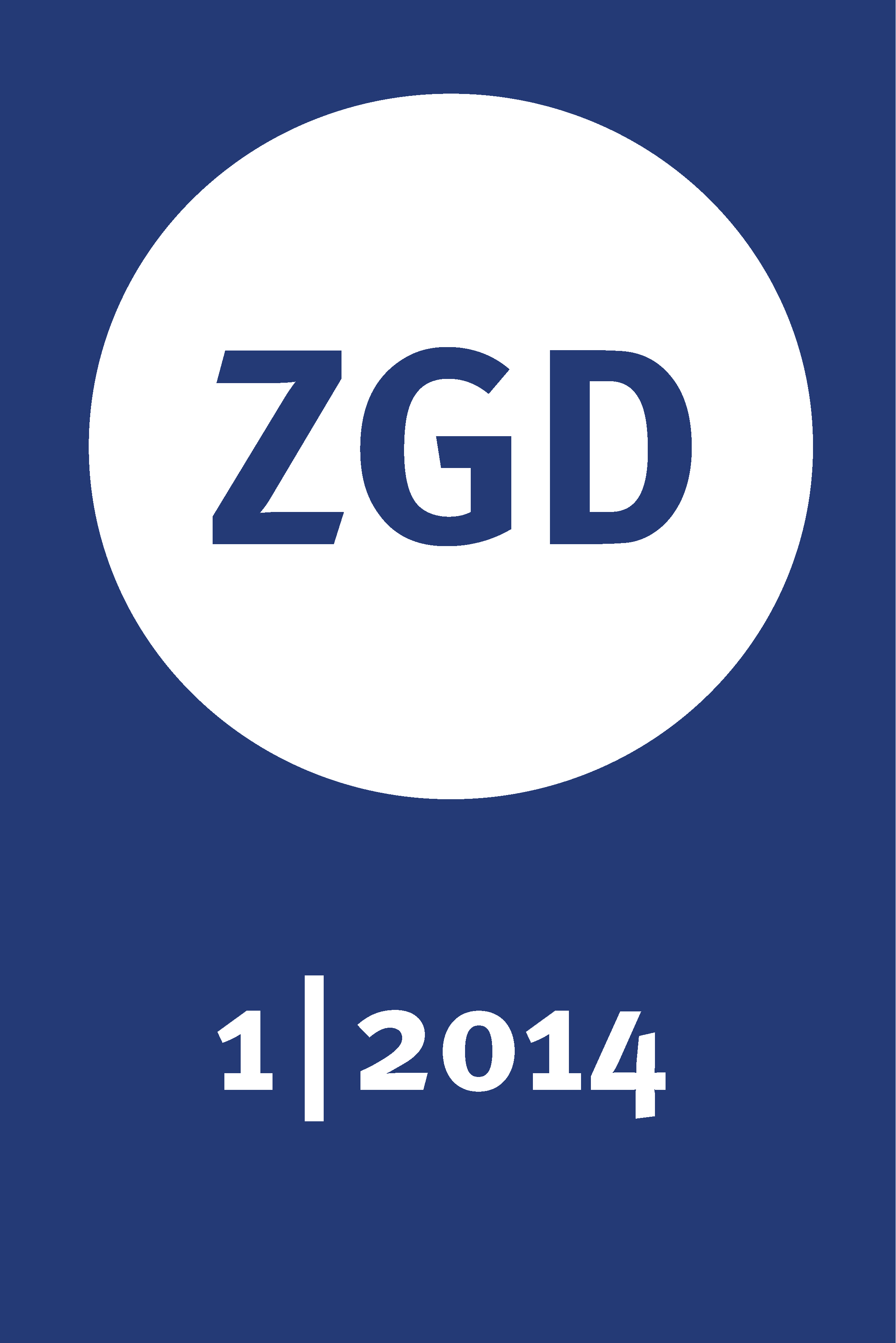How Pre-Instructional Conceptions Influence Learning–A Learning Process Analysis to Explore the Construction of Knowledge of the Greenhouse Effect
DOI:
https://doi.org/10.18452/23977Keywords:
greenhouse effect, learning process analysis, conceptual development, mental model evolution, conceptual change, preconception typesAbstract
This paper provides an exploratory video-based learning process study that investigates in-depth the development of 13-year old learners' pre-instructional conceptions of the atmospheric greenhouse effect during instruction. The research design consisted of an instructional sequence embedded in pre- and post-test interviews. The instruction used a constructivist learning approach that focused on mental model evolution and conceptual change. The video transcripts, the students' annotated drawings, and the transcripts of the interviews served as the database, which was analysed qualitatively. The analysis showed that the learning pathways pursued by the learners significantly depend on their domain-specific previous knowledge. The learners' preconceptions could be typified in three preconception types: Learners, who have no or very little previous knowledge about the greenhouse effect, build completely new mental models that are close to the target model. Learners, who have previous knowledge that indicates compliances with central ideas of the scientific model, reach the target model by expanding and restructuring their existing knowledge structures. Learners whose previous knowledge consists of subjective worldly knowledge with a greater personal explanatory value than the information conveyed through instruction do not successfully change their existing conceptions.
Downloads
Published
How to Cite
Issue
Section
License
Copyright (c) 2022 Journal of Geography Education

This work is licensed under a Creative Commons Attribution-NonCommercial-NoDerivatives 4.0 International License.







